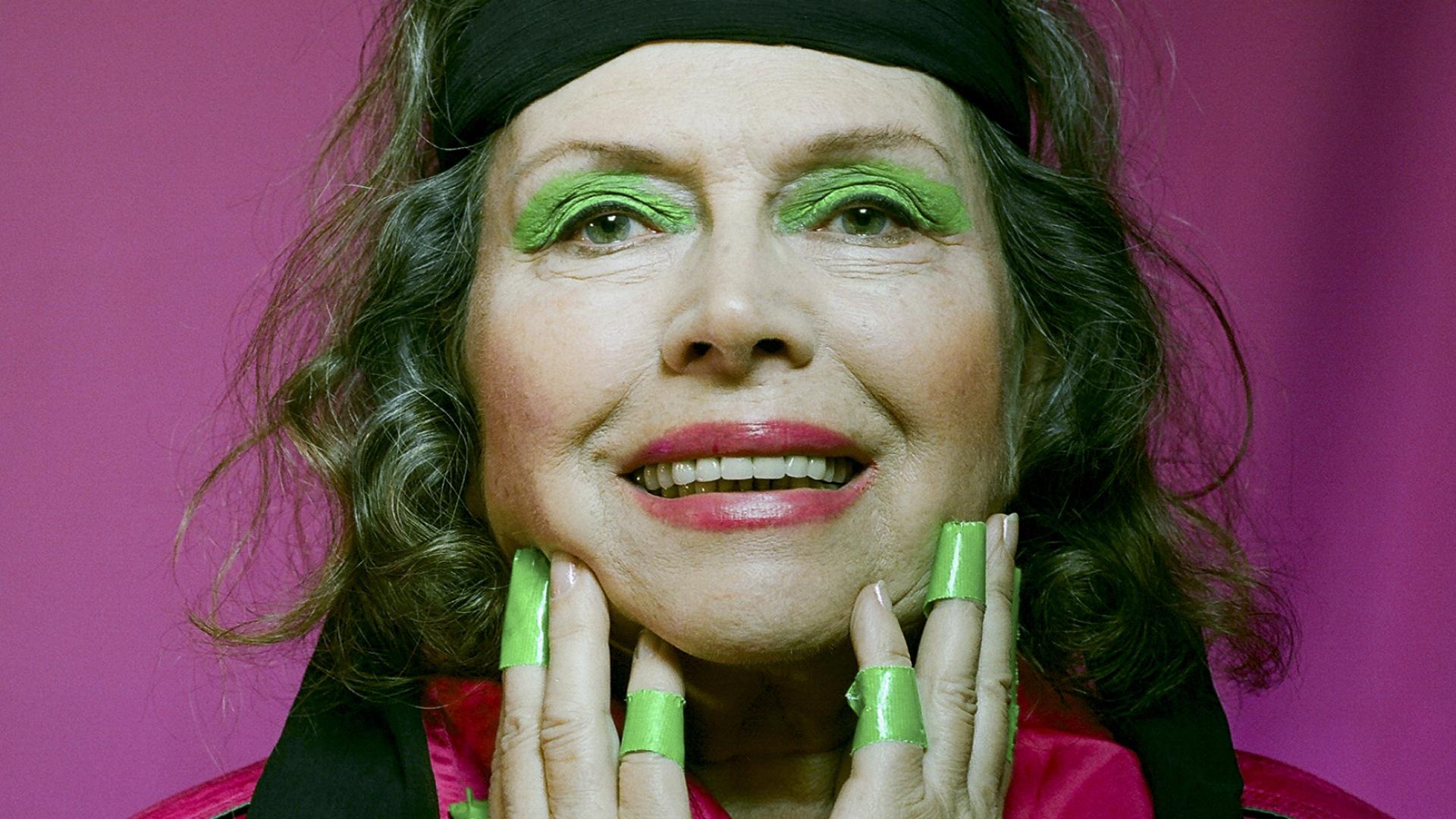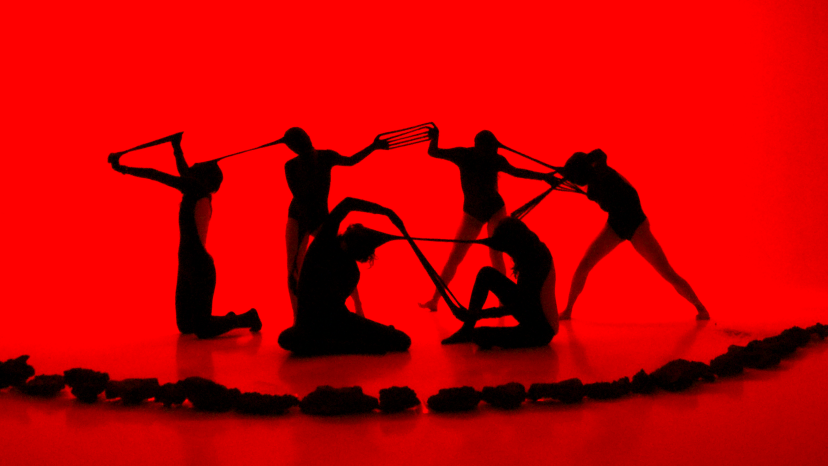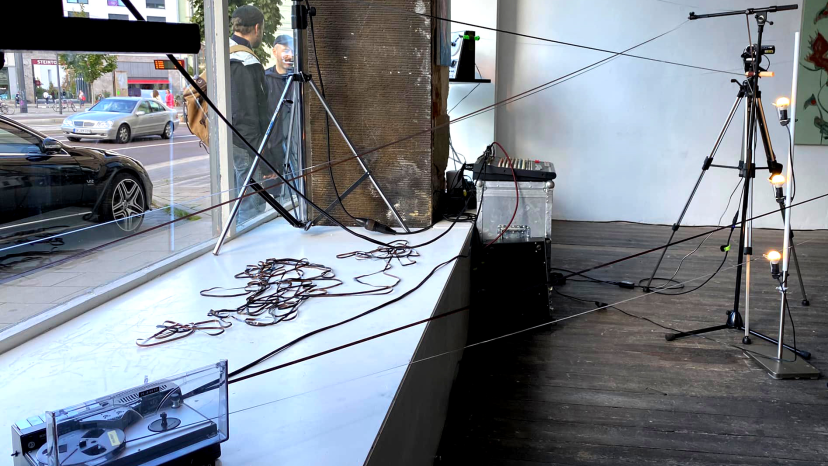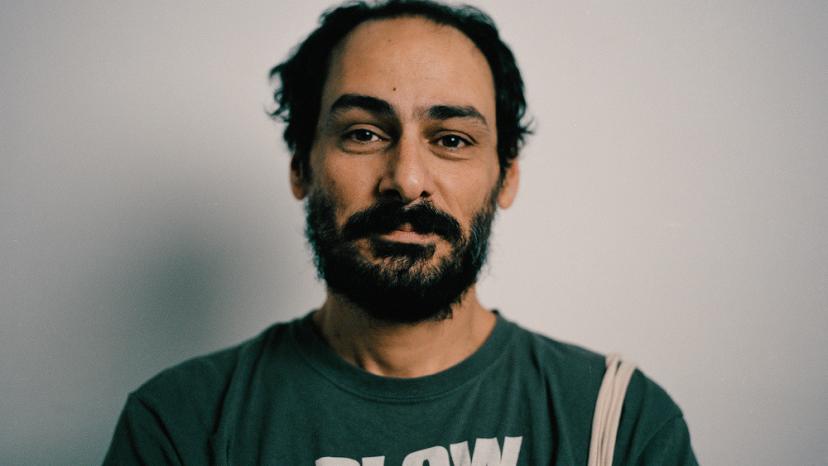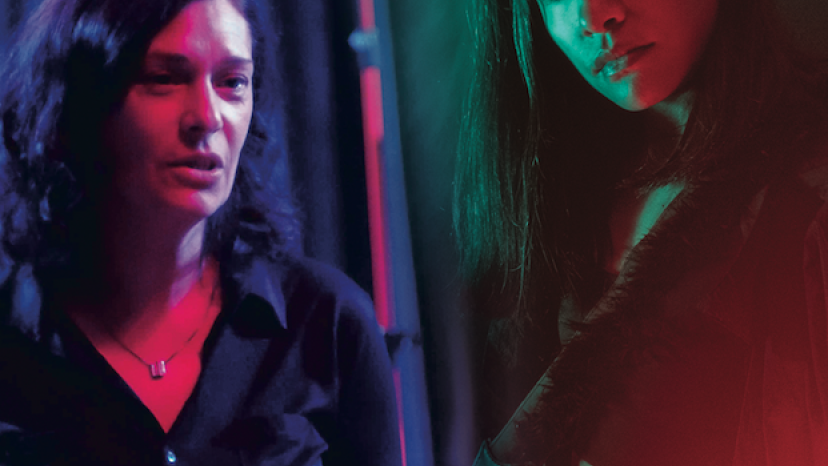When crossing the bridge to the city center of Swansea the visitor will be welcomed by a gigantic billboard that reads: »More Poetry Is Needed.« (1) Recently there have been a remarkable number of exhibitions showcasing your work extensively. Could this need for poetry, for a critical art that finds ways of expression beyond slogans, be a reason for this? Would you subscribe to the claim »More Poetry Is Needed.«?
Obviously, I agree that more poetry is needed. Poetry has a unique way of capturing and conveying reality, going beyond slogans and superficial expressions. However, I find that the increased demand for poetry has found new publishing forms on the internet and in »live« poetry evenings, such as »slam poetry«. The latter has been hugely popular for decades. In recent years, there has indeed been increased interest in my work, which may be due to people's growing desire for deeper, more thoughtful artistic expressions.
In your works you utilise the entire spectrum of media: you create installations and video works; you use collage techniques, photos or metals to create images that you call visual poetry and then employ as graphic scores for your vocal performances. Would you say that poetry is still the focal point of your art?
For me, poetry is the most authentic and perfect form of expression. In all my works, I strive to convey this authenticity and diversity, whether it be linear (i.e., written) poetry, visual art, sound poetry, or performance. Poetry is a universal language that transcends the boundaries of mediums and speaks directly to the human soul and the subconscious.
You have repeatedly worked in collectives, such as the music ensemble Spiritus Noister or the artist group Bosch+Bosch. At the Heroines of Sound Festival, you will also be presenting works that were created in collaboration with other artists: The video work »O-pus«, which you developed together with Attila Csernik and Imre Póth in 1972, and the performance »Desire for Entanglement«, which you will premiere together with the singer Natalia Pschenitschnikova. What is it that appeals to you about collaborative creation processes? What did this process with Natalia Pschenitschnikova look like and how did the collaboration between the two of you come to be?
The most exciting aspect of collective creative processes is that different perspectives and experiences meet, enriching the creation. In my collaboration with Natalia Pschenitschnikova, we mutually inspired each other and created a work that reflects both of our artistic worlds. During the collaboration, we engaged in an open dialogue, which allowed our individual ideas to be realized in our joint creation.
